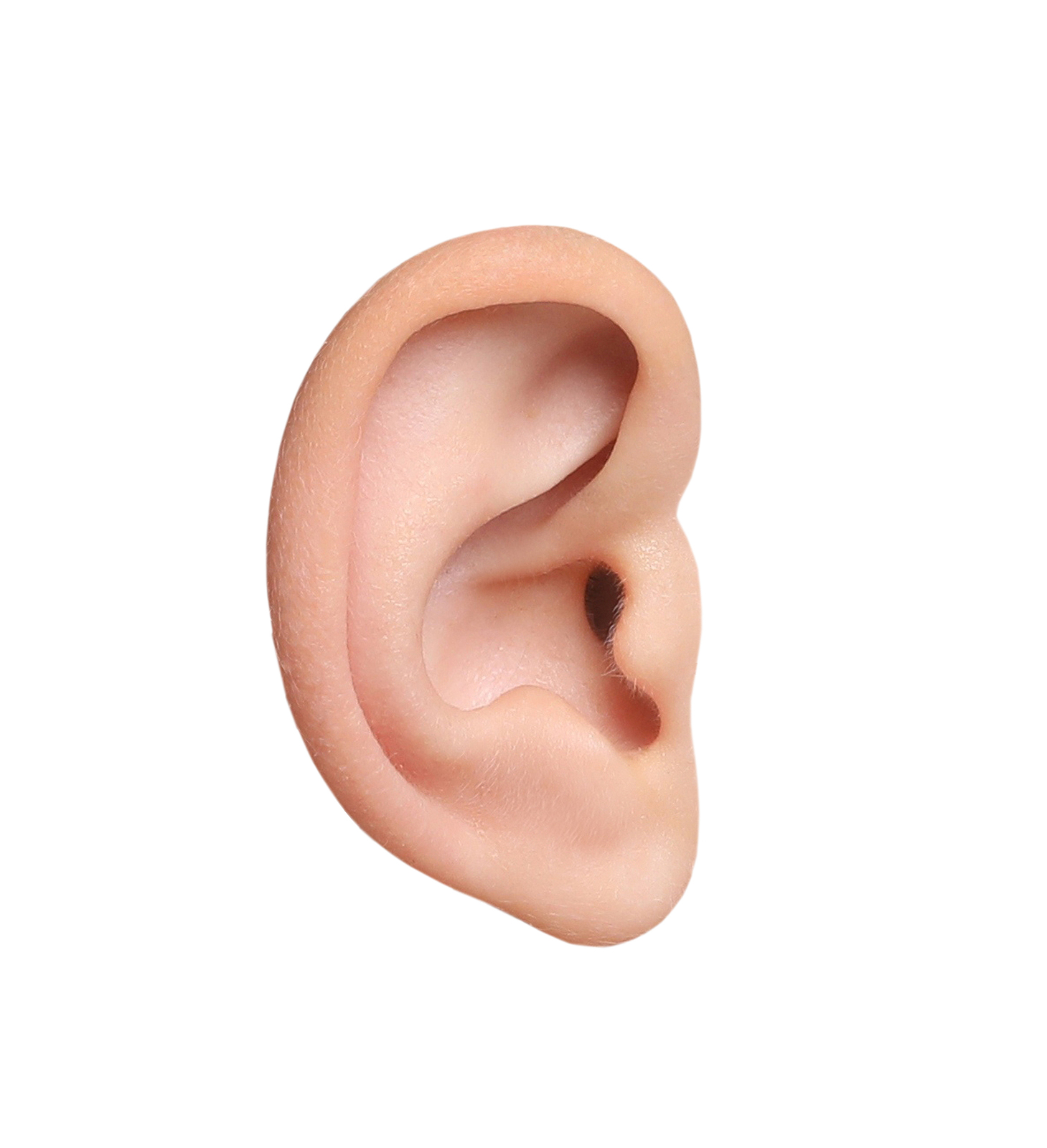
Headphones are an everyday item for many of us. Whether it is listening to music or a podcast while running errands, talking on the phone, or participating in work meetings onlines; headphones are widely used. Though headphones help us navigate daily life conveniently, they can also put your hearing health at risk. Knowing how to use them effectively and practicing additional safety measures can help protect your ears and hearing from developing noise induced hearing loss.
Can using headphones cause hearing loss?
Headphones can contribute to noise induced hearing loss, a medical condition that reduces capacity to hear and process speech as well as sound. The World Health Organization (WHO) estimates that over 1 billion people are at risk of developing hearing loss due to loud noise exposure. WHO specifically highlights listening to audio from personal electronic devices as a significant contributor of exposure to dangerous levels of noise. Headphones are a common source of excessive noise exposure that can irreparably damage the auditory system – the sensory system for hearing. It is estimated that 50% of people listen to audio set on unsafe volume levels.
How can headphones damage hearing?
Absorption of loud audio listened to through headphones can damage the sensory cells in the inner ear. There are 16,000 sensory cells (also referred to as hair cells) in each ear, specifically in the cochlea. These sensory cells play a critical role in how sound is processed. They convert incoming soundwaves into electrical signals. These signals get carried to the brain where they continue to be processed and eventually, the brain assigns meaning to these signals which is how we are able to understand what we hear. Loud noise can desentize and weaken these sensory cells, reducing their capacity to carry out their essential function. This results in the brain receiving less auditory information, causing chronic hearing loss.
You are likely wondering how loud sound has to be in order to impact hearing. Well, sound above 85 decibels (dB) is considered hazardous for hearing health. For perspective, this is equivalent to busy traffic or a hair dryer. Headphones, depending on the brand and type, can reach 102dB on their highest setting! At this level which is dangerous for hearing, exposure beyond 7 minutes can damage sensory cells in the inner ear.
How can I protect my hearing health?
Noise induced hearing loss is entirely preventable. Implementing safety measures can protect your ears and signciatly reduce your risk. A few strategies you can practice include the following:
- Measure & Monitor Volume Levels. Being aware of the noise level you are exposed to can help you make adjustments to protect your ears. You can measure, in decibels, the volume of what you are listening to by using an app. Apps like NIOSH Sound Level Meter App (iOS) and SoundPrint (iOS and Android) can identify the noise levels you are exposed to. This then allows you to adjust the volume and/or reduce your exposure time accordingly.
- Follow the 60/60 Rule. Hearing healthcare professionals recommend following the 60/60 rule. This rule outlines listening to audio at a maximum of 60% of the volume for no more than 60 minutes. This easy rule of thumb allows you to listen to audio at safe and comfortable levels while also limiting the time you are absorbing noise. Another simple rule to follow is that if you aren’t able to hear someone saying your name (an arm’s length away) while you have headphones on, it is likely that your audio is too loud so be sure to turn it down.
- Invest in Noise Canceling Headphones. Noise cancellation technology reduces background noise. This feature prevents people from needing to increase the volume while moving through noisier settings, allowing people to listen to audio safely. Noise canceling headphones is a great way to support your ears.
- Take Breaks. Take regular breaks from using headphones. Your ears and brain are constantly absorbing and processing sound. Taking breaks is a great way to provide your auditory system with time to recuperate.
- Test Hearing. Getting your hearing tested regularly allows you to monitor your hearing health. This helps identify any symptoms early on which can significantly protect your hearing.
